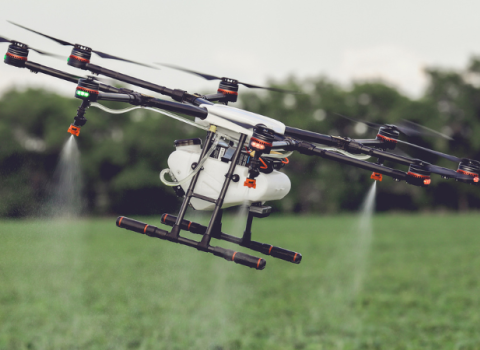
Various automotive components, mobile phone technologies, solid film lubricants, and even a method for "virtual" clothes shopping online were up for sale. But the 400 or so corporate executives, inventors, patent lawyers and others who attended Chicago merchant bank Ocean Tomo's novel auction failed to pony up enough money for the minimum prices set on many of the 75 lots of patents.
Buyers were allowed to bid in person, online, by phone, proxy or absentee instruction. The highest bid was for $1.9 million for a lot of 36 patents mainly from Eaton Corp. and related to automotive technology, but it fell below the owner's minimum price, so it was withdrawn.
Still, one inventor from Canada was able to draw the highest bid, $1.4 million, for a patent on a method and apparatus for distributing movies via a network for TV viewing. Engineer Douglas J. Ballantyne's patent was a late entry in the auction. When the patent was accepted Ballantyne said in a statement that, "I believe the claims within this patent outline the basic foundation for any video-on-demand system that is in use today by the world's premier cable and telco operators."
The buyer's name was not disclosed. Bidding had started at around $300,000, but it surged until the patent price hit $1.4 million. Ocean Tomo's catalogue had listed the patent's value at between $2 million and $5 million. Ocean Tomo has its own system for rating and scoring intellectual property.
Ballantyne's patent, issued in July 1992, involves converting digitised compressed signal containing the audio and video components of a movie that are selected by a consumer and then sent to that consumer's receiver, where they are decompressed and converted to audio and video signals for conventional TV viewing. The patent has been cited by later patents assigned to top global companies including Microsoft, IBM, Time Warner Interactive Group, Hitachi, Intel, Lucent Technologies, NEC, ACTV and Sony Corp.
In addition, a flash memory patent from 3Com brought in $950,000.
Ocean Tomo plans to hold two auctions a year over the next three years. The next one is this autumn in New York City, on 25 and 26 October.





 A unique international forum for public research organisations and companies to connect their external engagement with strategic interests around their R&D system.
A unique international forum for public research organisations and companies to connect their external engagement with strategic interests around their R&D system.